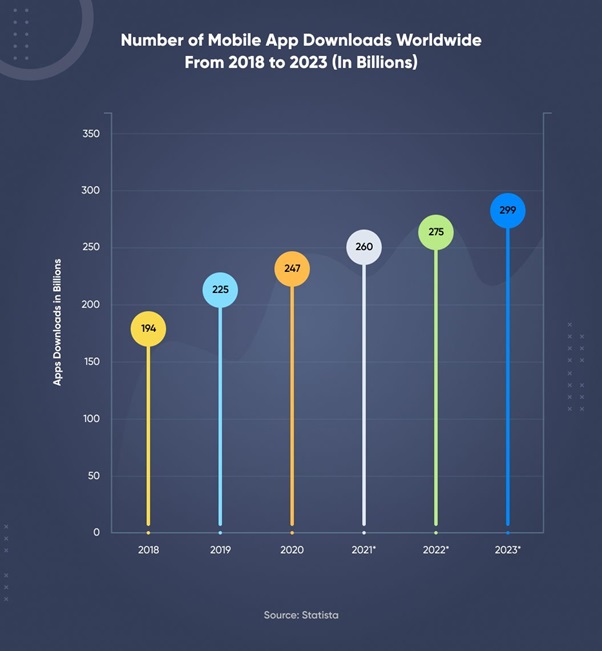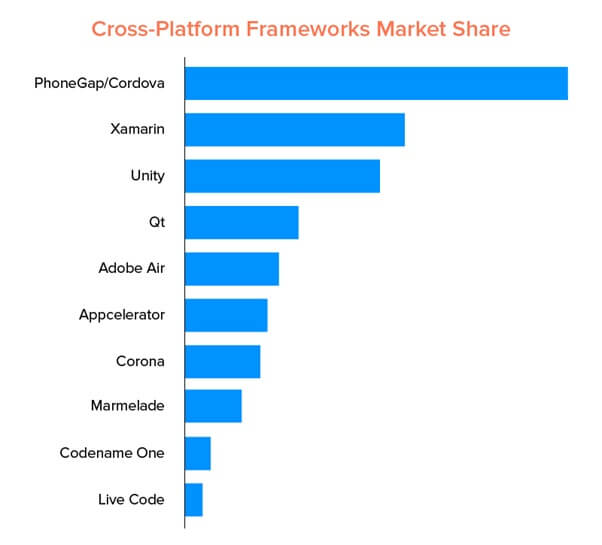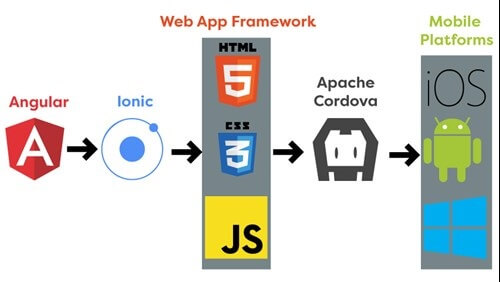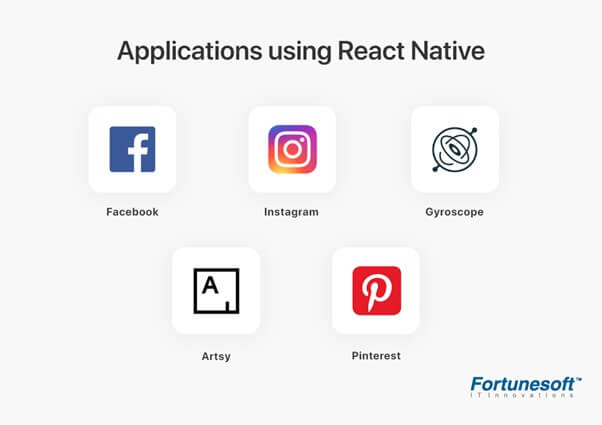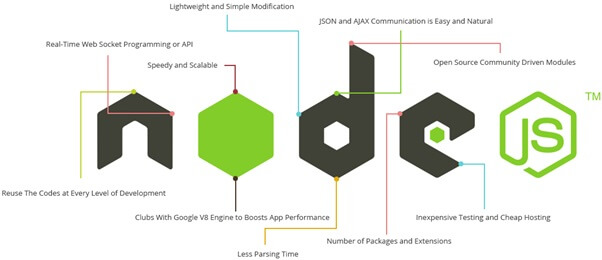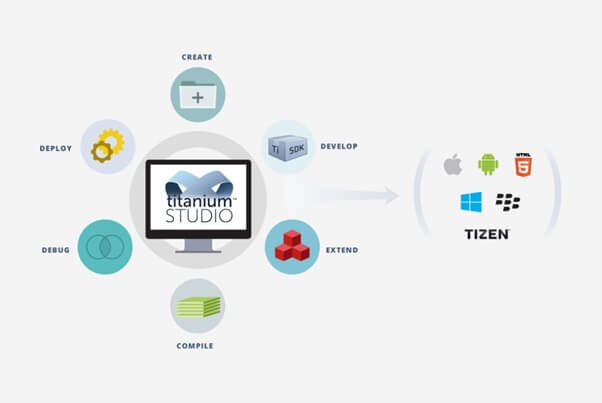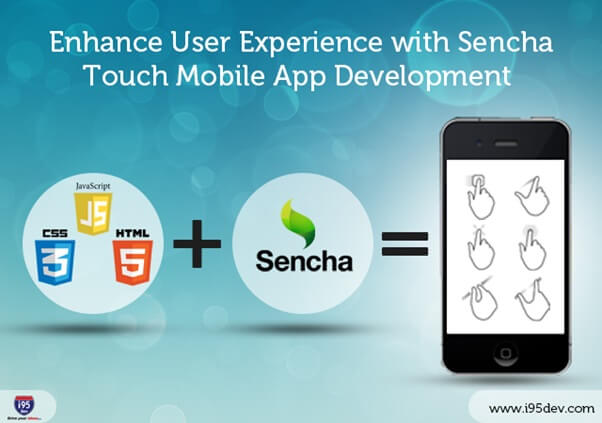Flutter is an open-source UI framework developed by Google. It empowers developers to build native mobile, web and desktop applications from a single codebase.
It is one of the most fast evolving tools for creating cross-platform applications. Flutter developers use it to build stunning cross-platform apps which can render native code on each of the devices such as iOS and Android.
Moreover, Flutter is compatible with Android, iOS, Linux, MacOS and Windows. In 2023, It will be the best platform for hybrid mobile app development.
In this article, we will discuss top 10 reasons that make Flutter the best hybrid mobile app development technology
What is Flutter?
Flutter, at its core, is a UI toolkit that enables app developers to create apps that natively compile in their respective OS platforms such as mobile, web and desktop from a single codebase.
Flutter app development uses the Dart programming language, offering a rich set of pre-designed widgets that make the development process faster and more efficient.
Reasons to Choose Flutter for Hybrid Mobile App Development
-
Cross-Platform Development
Flutter is the hottest mobile app development technology for its ability to create apps for multiple platforms from a single codebase.
Write the code once and run the various apps natively such as iOS, Android, and web apps.
This approach in flutter app development saves time, effort, and resources by eliminating the need to build separate apps for different platforms.
-
Fast Development and Hot Reload
Flutter’s “hot reload” feature is a game-changer for developers. Flutter developers have the advantage of making real-time code changes without restarting the application thereby making development faster and more efficient.
This feature significantly accelerates the development cycle and reduces debugging time.
Flutter app development provides a rich set of pre-designed widgets and offers complete freedom to create custom widgets.
Never miss an update from us. Join 10,000+ marketers and leaders.
This suggests that developers can craft stunning, pixel-perfect apps with awesome user interfaces that run natively on both iOS and Android platforms.
Its performance is exceptional, thanks to its core engine, Dart. Apps developed on Flutter compile like native code thereby ensuring that apps run smoothly and web apps provide a responsive user experience.
This performance boost is especially important for graphics-intensive applications.
-
Strong Community and Ecosystem
There has been a rapidly growing community of flutter app developers, which means access to a wealth of resources, plugins, and packages.
Because it is backed by such a strong community developers find solutions to common problems rather easily which also makes sharing of knowledge more effective.
-
Cost-Effective Development
With a single codebase, you reduce development and maintenance costs. This makes Flutter a cost-effective solution, especially for startups and businesses on a budget.
Full stack flutter app developers create expressive and innovative user interfaces. This enables the development of unique, visually appealing apps that stand out in the crowded app market.
-
Compatibility with Existing Code
You don’t have to start from scratch when choosing UI software. It is a highly flexible platform which can be integrated to your existing codebase.
So if you need to transition your codebase from your existing technology to this framework, you can do it rather easily.
-
Comprehensive Documentation
Flutter’s documentation is thorough and continuously updated, which empowers developers to easily learn and implement the latest features in the framework effectively.
Many successful apps have been built using Flutter, including Alibaba, Google Ads, and more. This demonstrates that Flutter can produce top-tier, high-performing applications.
Top Things To Consider When Choosing Flutter App Developer
-
Experience with This UI Software
The first and most crucial factor is to evaluate the developer’s experience with This open source UI software. Look for developers who have a proven track record of working with the framework and have successfully delivered Flutter apps. Check their portfolio for relevant projects.
Flutter is known for its cross-platform capabilities. When hiring a Flutter development team you should ensure that the developers you hire have the expertise in building apps for both iOS and Android using a single codebase. Experience with other cross-platform tools is an added advantage.
Dart is the programming language used in Flutter. Developers should be proficient in Dart to effectively utilize Flutter’s capabilities. Dart’s syntax and structure are unique, so look for developers with experience in this language.
A key advantage of Flutter is its ability to create visually appealing and responsive user interfaces. Check if the developers have strong UI/UX design skills to ensure your app looks and feels native on both platforms.
Flutter’s “hot reload” feature is a game-changer for app development. It allows real-time code changes without restarting the application.
Businesses should seek developers who are familiar with this feature as it significantly speeds up the development and debugging process.
Flutter apps are known for their performance, but it’s essential to choose developers who understand how to optimize the app for speed and responsiveness, especially in graphics-intensive applications.
Developers should be capable of integrating various plugins and packages available in the Flutter ecosystem. This is crucial for adding additional functionalities to your app efficiently.
-
Compatibility with Native Code
If you plan to integrate your Flutter app with existing native code, ensure that the developers have experience with such integrations.
Are you looking for a Flutter developer
Contact Us
This is common in cases where you already have a native app and wish to expand it with Flutter.
Consider your budget and the rates of the developers. Focus on the overall value and expertise offered by the developers.
Discuss the expected project timeline with the developers. Ask your Futtler development team for an estimate of project delivery i.e. how long it will take to develop and launch your app. This is important for planning and aligning your app with market demands.
-
Communication and Collaboration
Effective communication and collaboration are vital for a successful development process. Ensure that the developers are accessible, transparent, and willing to work closely with you throughout the project.
-
Client Testimonials and References
Ask for client testimonials or references from the developers. Hearing about their past clients’ experiences can provide valuable insights into their professionalism and the quality of their work.
-
Ongoing Support and Maintenance
Inquire about the developers’ willingness to provide ongoing support and maintenance for your app after the initial development. Your development team must provide post-launch maintenance which is crucial for keeping your app up-to-date and bug-free.
Conclusion
In conclusion, Flutter opens up a world of possibilities for hybrid mobile app development. Its flexibility and performance make it the most opted cross-platform development technology for developers who want to create stunning apps across various platforms.
By mastering Flutter’s fundamentals, exploring advanced features, and staying updated with the community, you can embark on a successful app development journey.
FAQs
Is Flutter suitable for beginners in app development?
Absolutely! Flutter’s intuitive interface and hot reload feature make it beginner-friendly, allowing developers to see changes instantly and learn through hands-on experience.
Can Flutter apps access device hardware like cameras and sensors?
Yes, UI apps can access device hardware using plugins. There are numerous plugins available that enable Flutter apps to utilize device features like cameras, sensors, and GPS.
Is it possible to create complex animations with Flutter?
Yes! Flutter provides a ton of frameworks to create detailed animation and animation transitions that enhances the overall user experience of the app.
Does Flutter support integration with backend technologies and databases?
Yes, this UI software supports integration with various backend technologies and databases. Developers can make API calls, handle responses, and interact with databases to fetch and store data in Flutter apps.
What kind of support does Flutter offer for internationalization and localization?
It has excellent support for internationalization and localization. Developers can easily translate their app’s content into multiple languages, ensuring a global audience can use the app effectively.
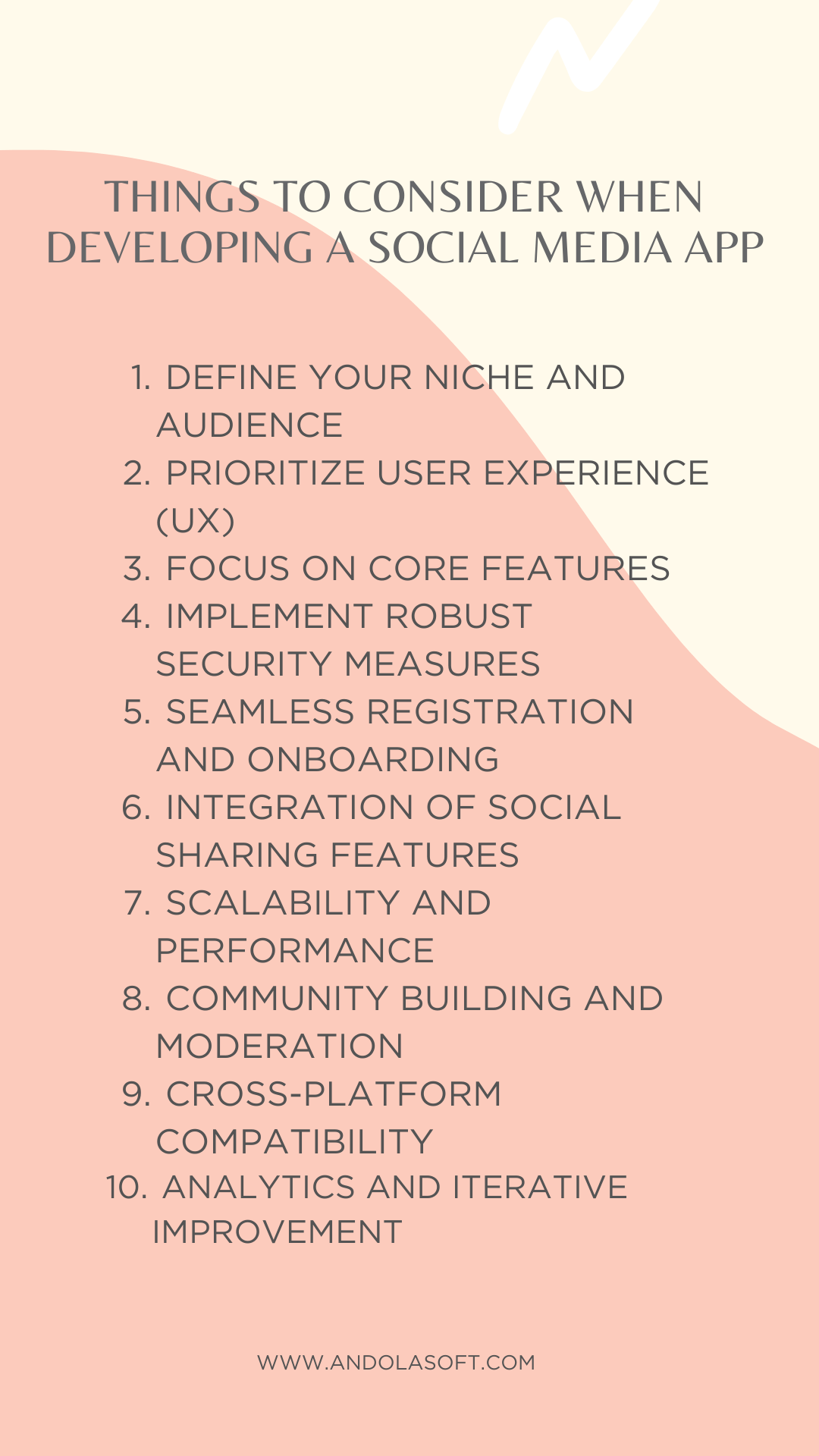 1. Define Your Niche and Audience:
1. Define Your Niche and Audience:


